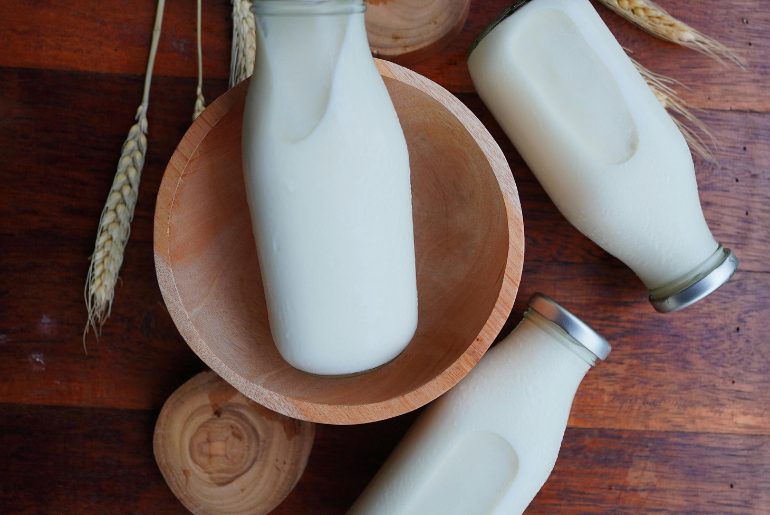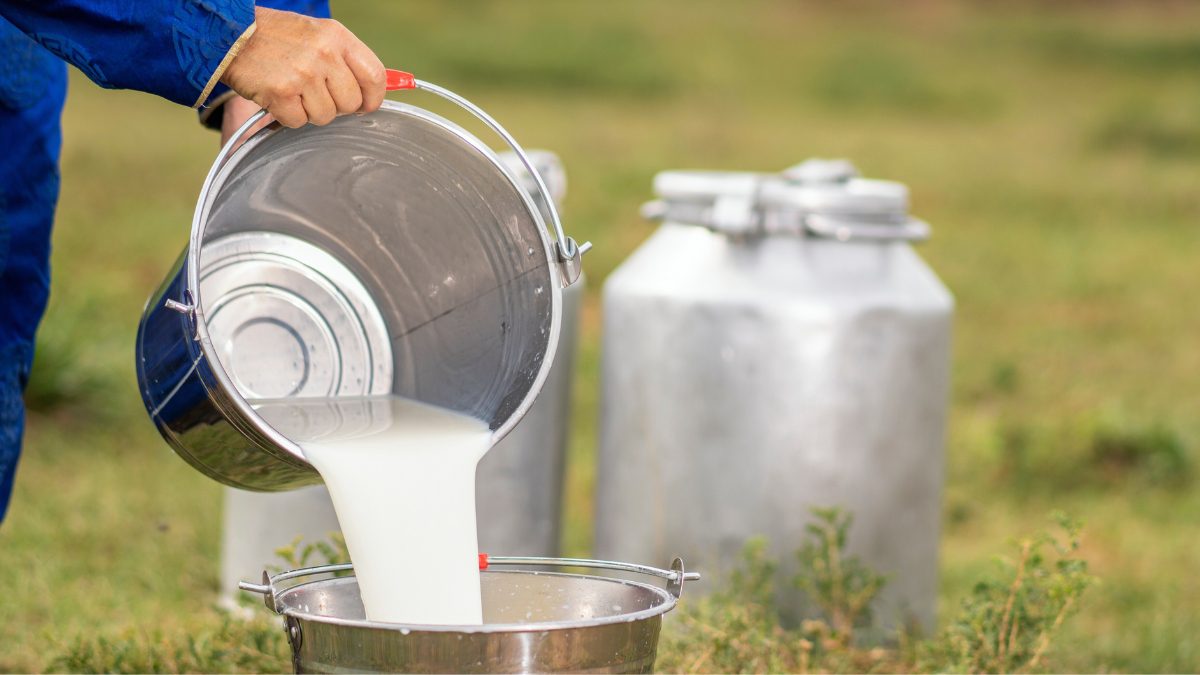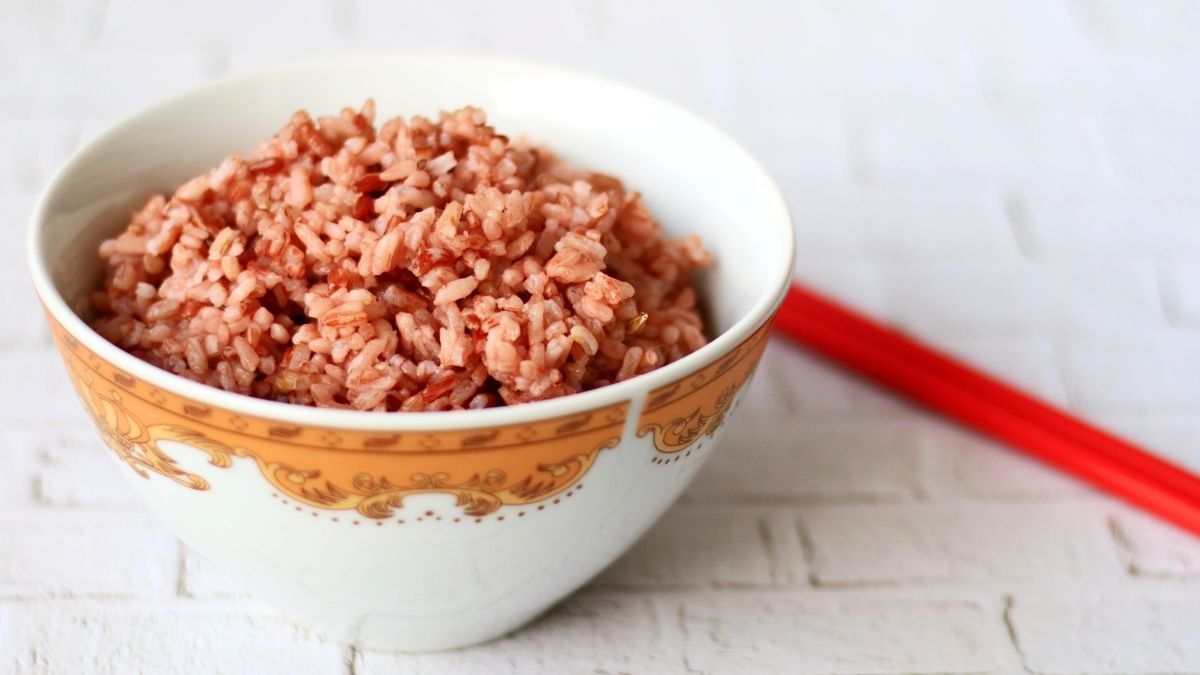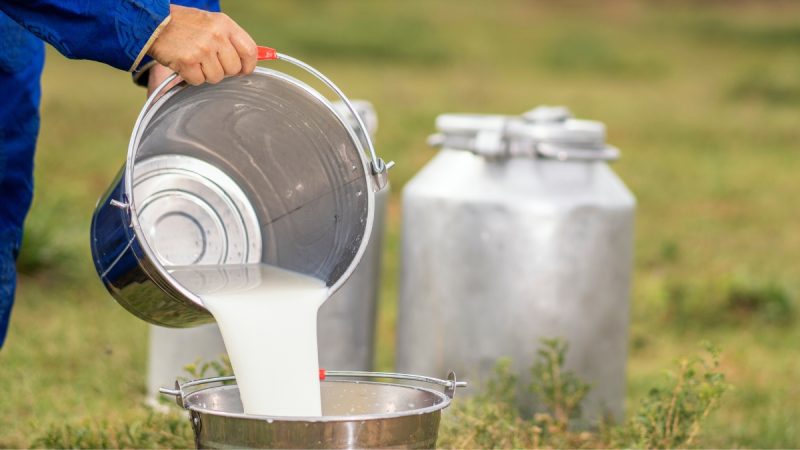For Indians, milk is not just a drink or an ingredient. It is a pure, wholesome, vegetarian staple that most households depend upon for many reasons. But now, something called ‘non-veg milk’ is making headlines because it is significantly affecting trade deal discussions between India and the United States. Read on to learn what it is and what makes it the topic of discussion between the two countries.
What Is ‘Non-Veg’ Milk?
One of the most bizarre terms we have come across lately is ‘Non-veg milk.’ How can milk, which comes from cows, be non-vegetarian? Well, the milk might not be non-vegetarian, but the diet consumed by the cows leads to this term. Dairy farming practices in the USA often allow cows to eat feed that includes animal-based products, like meat, blood, and other parts from animals like pigs, fish, and even other cattle.
A report from the Seattle Post-Intelligencer once revealed that cattle feed in the US can contain pig and horse blood for protein, tallow for fattening, and even leftover parts of animals that have been processed for other purposes, NDTV reported.
To boost milk production, it is a common practice because it provides cheap protein. But in India, cows are generally fed a vegetarian diet, including grass, grains, and plant-based fodder.
Why Does India Have A Problem With It?

For us Indians, milk and other dairy products go beyond being a source of nutrition and have been a part of our culture, traditions, and religion since the beginning of time. Whether we’re offering milk in the temple or using ghee or curd in religious ceremonies, it is backed by the belief that it is pure and vegetarian. So the idea that milk might come from cows that were fed animal products feels completely against Indian beliefs.
That’s why India has called this issue a “non-negotiable red line” during trade talks. The government wants strict certification stating that any imported milk comes from cows that have never been fed animal-based feed. As Ajay Srivastava from the Global Trade Research Institute put it, “Imagine eating butter made from the milk of a cow that was fed meat and blood from another cow. India may never allow that.”
The US sees this demand as a major hurdle. They argue that their dairy products are safe and widely consumed worldwide. They’ve even raised this issue at the World Trade Organisation (WTO), pointing out that India’s updated certification rules for dairy imports (introduced in November 2024) don’t mention such strict vegetarian feed requirements, Money Control reported.
Also Read: Health Probe Underway After 30 Kochi Students Fall Ill from Suspected Food Contamination
Why Is This Such A Big Deal?
Not only is India the world’s largest consumer of milk, but also the biggest producer. Our dairy sector supports over 80 million farmers and contributes about 2.5%–3% to the national economy (worth around ₹7.5–₹9 lakh crore). If India opens up its market to cheaper American dairy products, they could push prices down and hurt millions of Indian farmers.
A report by SBI even estimates that India could lose ₹1.03 lakh crore every year if this happens, NDTV reported. It’s not just about milk in India; it’s also about identity, economics, culture, and religion. Allowing “non-veg milk” will have an impact on millions of people who view it as pure and sacred. For the US, it’s about access to a massive market.
With the trade deal deadline fast approaching, will the two countries find a compromise, or will a glass of milk derail a billion-dollar agreement? Only time will tell.
Cover Image Courtesy: Canva/munkhbayar dambajav
For more such snackable content, interesting discoveries and the latest updates on food, travel and experiences in your city, download the Curly Tales App. Download HERE. First Published: July 17, 2025 1:22 PM




